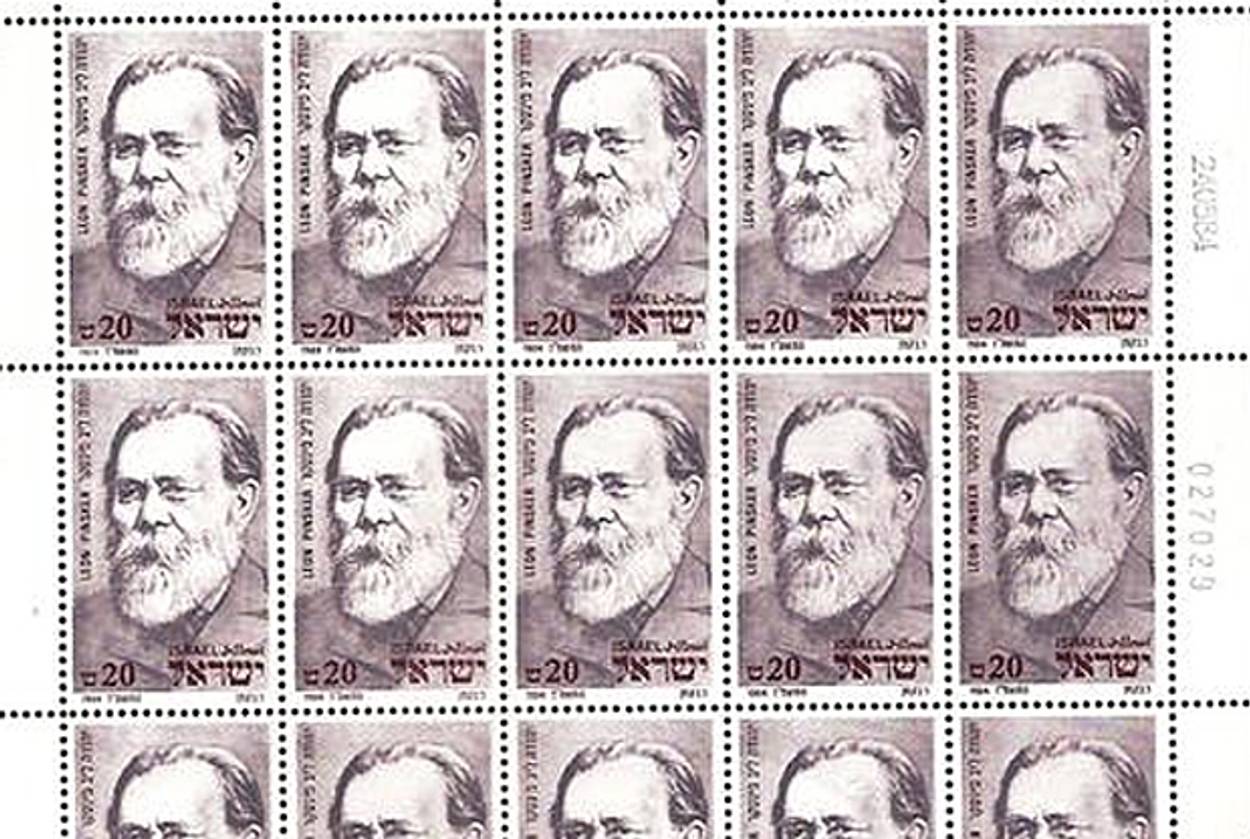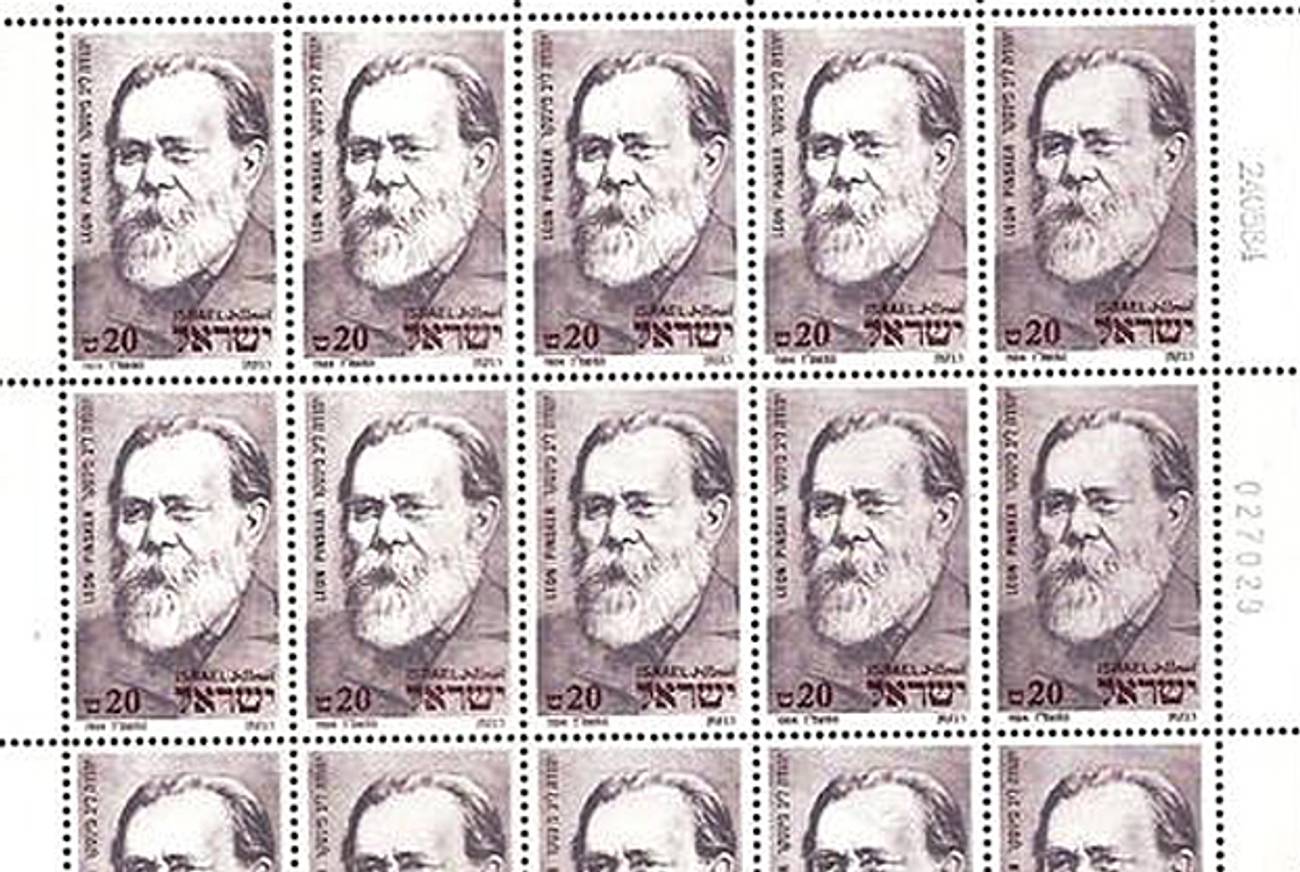Auto-Emancipation, Leo Pinsker (1882)
Zionism’s reluctant forefather




In 1881, when Theodor Herzl was still a wild, young law student who got into arguments and challenged people to duels, Yehuda Leib Pinsker, a Russian-Polish physician, was having a crisis of faith. An educated cosmopolitan, he had originally believed that Jews could do no better than assimilate, eventually becoming indistinguishable from their neighbors. But watching hordes of thugs murder Jews and set fire to Jewish homes and businesses in the latest swirl of pogroms, Pinsker had a violent change of heart. Ever the doctor, he diagnosed the goyim as afflicted with a terminal mental illness, Judeophobia, that led them to irrationally pick up pitchfork and torch and persecute their Jewish neighbors and friends. The remedy he prescribed was the development of a Jewish national consciousness and the establishment of an independent Jewish state. On the first day of 1882, Pinsker, writing in German and operating out of Berlin, published his ideas in a pamphlet—to convey his enthusiasm, he affixed an exclamation point to the title. The German Jews, however, were unmoved, as were Jews throughout western Europe, Pinsker’s intended audience. Jews out east, however, paid very close attention, thrusting the book into great prominence and cementing its author’s status as one of Zionism’s forefathers.
Liel Leibovitz is editor-at-large for Tablet Magazine and a host of its weekly culture podcast Unorthodox and daily Talmud podcast Take One. He is the editor of Zionism: The Tablet Guide.